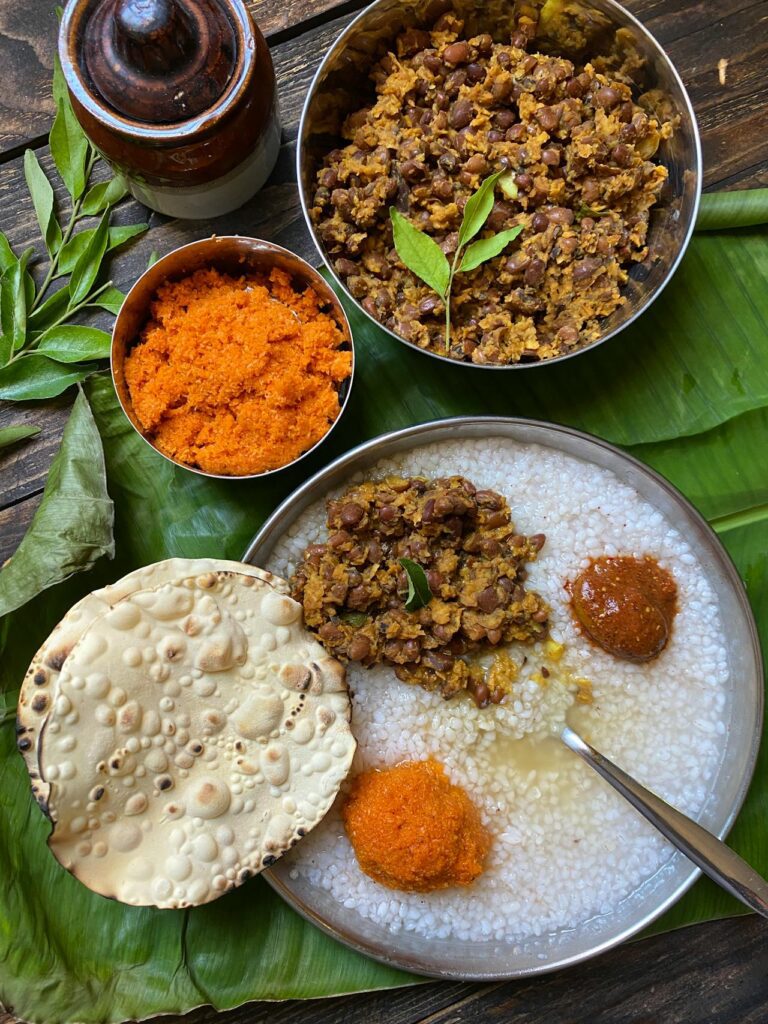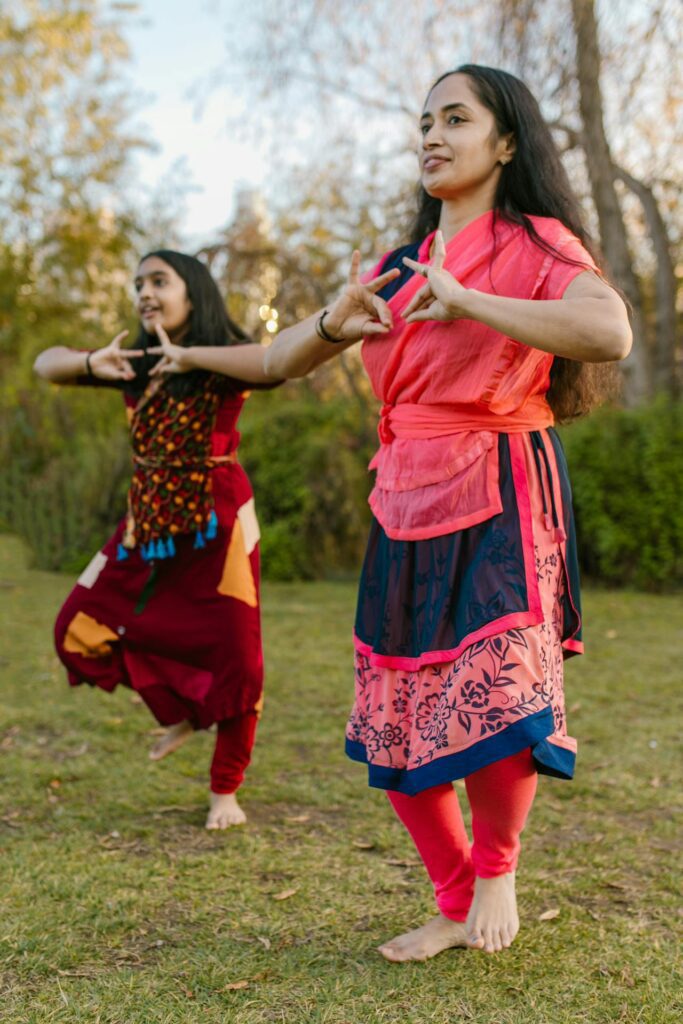There’s a lot of buzz around mental health these days, and rightfully so. From accredited therapists to self-proclaimed quacks, the internet is bursting with information on stress and stress management tips. But sometimes, the answers lie in looking back. For many of us, childhood memories often bring back the calming routines of our elders—from morning salutations to prayers before meals, sandhya aarti, and bhajans, all culminating in the glow of an evening lamp that filled the home with a serene and grounding presence. These simple yet meaningful practices now feel like treasures from a bygone era, especially as we scurry to therapists and self-help books for stress and stress management quick fixes. While seeking help is vital, it’s worth asking: if we can build a way of life that naturally supports our physical and mental well-being, why not take a leaf from our grandparents and weave those practices into our daily lives?
You may like:
- All-Women Trips: The Ultimate Way to Chill and Rejuvenate!
- Take a Break: 5 Destinations in India Perfect for Rejuvenation
- Exploring Wellness Through Travel: Reflections from a Solo Journey to Bir
India, with its rich tapestry of culture and traditions, offers more than just vibrant festivals and flavourful food—it holds secrets to living a balanced and stress-free life. Embedded within our way of life are practices and values that naturally help manage stress. Let’s explore how these age-old practices continue to keep stress levels in check in the modern world.
Family: The Built-In Support System
In Indian culture, family isn’t just a unit; it’s the foundation of emotional well-being. From nuclear families to large joint ones, there’s an innate sense of belonging and support. Whether celebrating a success or navigating a tough time, there’s always someone—a parent, sibling, cousin, or even the ever-inquisitive but loving aunt—to lean on. This collective approach to life ensures no one ever feels truly alone and provides a built-in support system that can be invaluable for stress and stress management.

Quick Summary
India’s rich cultural traditions provide effective ways to manage stress in our hectic lives. Practices like yoga, meditation, family support, and mindful rituals offer grounding and clarity. Simple joys such as sharing a chai with neighbours or engaging in music and dance help strengthen emotional bonds. By integrating these age-old practices, we can cultivate mental well-being and resilience in today’s fast-paced world.
Yoga and Meditation: Ancient Stress Busters
India is the birthplace of yoga and meditation, practices that have gained global recognition for their ability to reduce stress and improve mental clarity. The simple act of focusing on your breath through pranayama or performing a few asanas can calm your mind and center your thoughts. For centuries, these practices have been integrated into daily life, not as exercise fads but as essential tools for stress and stress management, offering both physical and emotional balance.

Nature, Gratitude, and Mindful Rituals
India’s connection with nature, gratitude, and rituals creates a multi-layered approach to mindfulness. Offering salutations to the sun at dawn (Surya Namaskar) not only aligns the body with the natural rhythms of the day but also serves as a moment of gratitude for life itself. This is complemented by small acts of worship—like saying a prayer before meals or lighting an evening lamp that fills the home with a serene glow. Spending time in natural surroundings—whether by a sacred river, in a lush garden, or under the vast sky—is considered both spiritually and mentally rejuvenating. These practices, deeply embedded in Indian life, create a grounding effect, helping us connect with the present and making stress and stress management a seamless part of our daily life.
Chai and Chit-Chat: The Neighbourhood Bond
In India, a cup of tea is more than just a beverage—it’s a catalyst for connection. Dropping by a neighbour’s house for chai and a casual chat is a cherished ritual in many communities. These moments of warmth and camaraderie provide emotional support, lighten the burdens of daily life, and remind us that no matter what, there’s always someone to share our joys and struggles with. These simple acts of warmth and empathy contribute to stress and stress management by offering emotional support and strengthening social bonds.
Balanced Diet: Food as Medicine
Indian cuisine, deeply rooted in Ayurvedic principles, is a masterclass in balance. A sattvic diet, known for its calming and nourishing properties, incorporates light, vegetarian meals with seasonal fruits and vegetables. Spices like turmeric, ginger, and cumin not only enhance flavour but also boost physical and mental health. Beyond sattvic meals, traditional recipes often blend taste with medicinal properties, ensuring food is both a comfort and a cure. This mindful approach to eating focuses on how food impacts not just the body but also the mind—playing a pivotal role in stress and stress management. A well-prepared Indian meal is a sensory experience that nourishes, rejuvenates, and heals.

Festivals and Community Spirit: Regular Joyful Resets
India’s calendar is brimming with festivals that are as much about celebrating togetherness as they are about tradition. From the lights of Diwali to the colours of Holi, these festivities bring people together, creating an atmosphere of joy and shared purpose. They act as regular resets, breaking the monotony of daily life and filling it with positivity and laughter, providing you the much-needed safety valves for stress and stress management. This sense of community isn’t limited to festivals. Weddings, crises, or even a cricket match bring entire neighbourhoods together. The collective spirit ensures no one feels isolated and reinforces a support system that is vital for managing stress.
Music, Art, and Dance: Nourishing the Soul
In Indian culture, art forms like music, dance, and painting are not just hobbies—they are cherished traditions passed down through generations. Many families encourage their children to pursue these creative outlets, fostering a deep love for culture while providing a calming break from the noise of modern life. In a world dominated by mindless scrolling and endless social media feeds, these artistic pursuits serve as a healthy escape. From the iconic street plays in Kolkata to the intimate music gigs and lively addas, artistic expression is a vital part of our social fabric. By incorporating these practices more consciously into our daily lives, we can create space for mindfulness, focus, and a stress-free mind, reconnecting with our inner peace and cultural heritage—not undermining the effect it has on stress and stress management!

Mindful Living: Embracing Simplicity in a Fast-Paced World
In today’s fast-paced world, the Indian philosophy of “mindful living” encourages us to step back from the constant rush and focus on what truly matters. This approach is central to stress and stress management. It’s not about rejecting modernity but about finding a balance—embracing the simplicity in daily life and nurturing a deep connection with our mental and spiritual well-being. This mindset urges people to savour the small joys—whether it’s a quiet moment of reflection, spending time with loved ones, or disconnecting from the noise to reconnect with themselves. In a world that demands more, it’s this simple, mindful approach that offers a respite from stress and helps restore mental clarity.
In today’s fast-paced, often disconnected world, India’s socio-cultural practices remind us to slow down, connect, and live in the moment. By integrating these timeless lessons into modern life, we can build a foundation of emotional resilience and mental well-being. Perhaps it’s time to give stress the Indian treatment—one sun salutation, chai break, and heartfelt ritual at a time.






